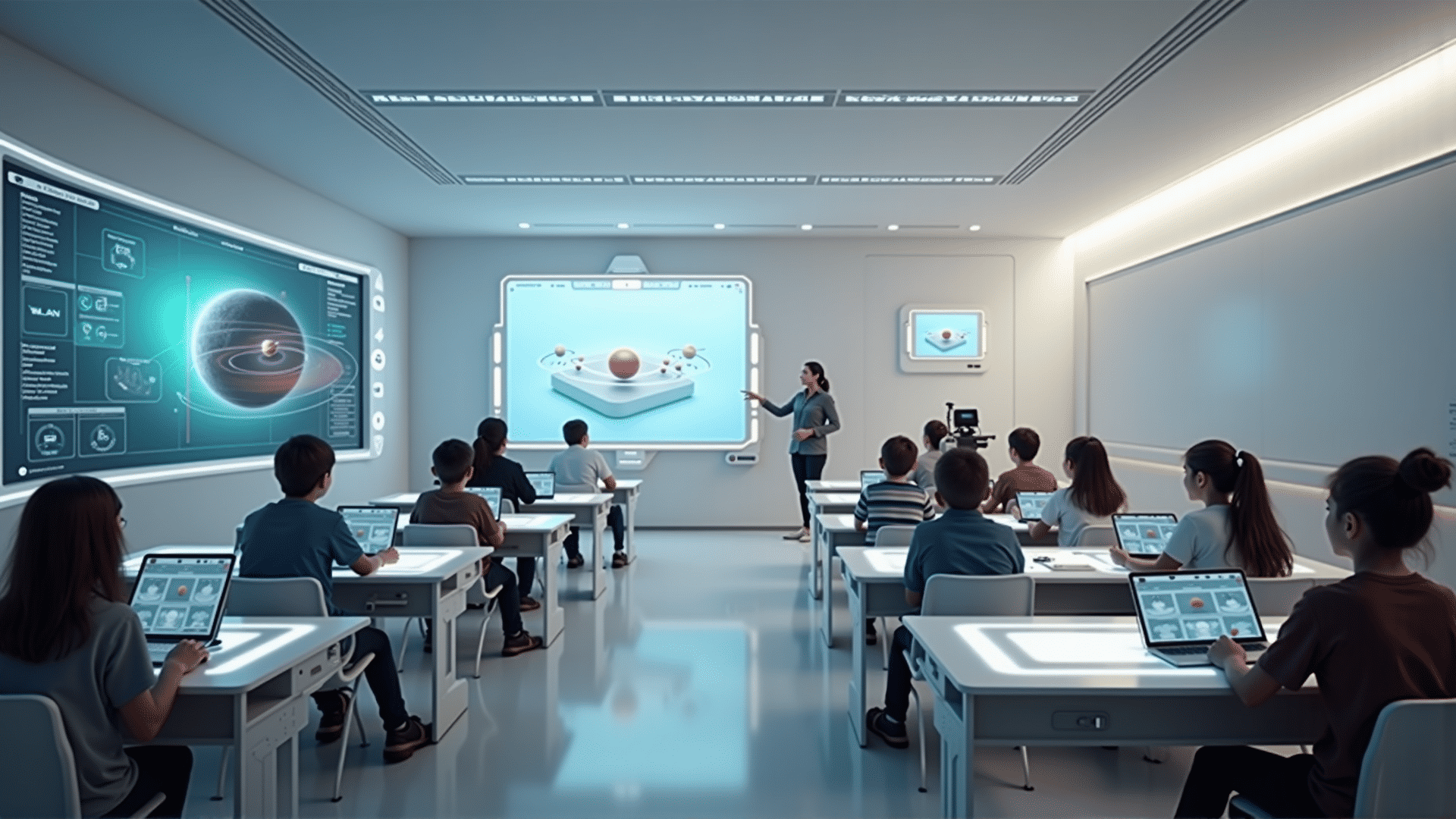In today's rapidly evolving digital world, educational technology has become a cornerstone in transforming the way we learn, teach, and interact with information. The integration of advanced tools and resources in educational settings has opened up a myriad of opportunities for enhancing both teaching practices and student learning experiences.
One of the major benefits of educational technology is its ability to facilitate personalized learning. Through adaptive learning platforms, students receive tailored content that matches their individual pace and comprehension level. This customization ensures that each learner can engage with material that is neither too challenging nor too simple, promoting better understanding and retention of information.
Additionally, educational technology has expanded access to quality educational resources. With digital libraries, online courses, and open educational resources, learners from all over the world can tap into information that was previously restricted to traditional academic environments. This democratization of educational materials plays a critical role in closing the knowledge gap and fostering a more inclusive society.
Collaboration and communication have also been greatly enhanced through educational technology. Tools such as virtual classrooms, discussion forums, and collaborative document editing allow students and educators to connect and work together seamlessly, regardless of geographical location. This interconnectedness not only enriches the learning experience but also prepares students for the globalized workforce.
Moreover, educational technology supports the development of essential skills such as critical thinking, problem solving, and digital literacy. Interactive simulations, coding platforms, and virtual labs provide hands-on experiences that allow students to experiment and learn in a dynamic and engaging manner. These platforms encourage exploration and creativity, essential components for cultivating innovative thinkers.
However, the integration of technology in education also presents challenges. Ensuring equitable access to technological tools can be difficult, especially in under-resourced areas. Moreover, educators must be properly trained to utilize these technologies effectively, which requires ongoing professional development and support.
Despite these challenges, the potential benefits of educational technology are immense. By keeping abreast of the latest tools and resources, educators can craft more engaging, efficient, and impactful learning experiences. As technology continues to advance, it will undoubtedly play an essential role in shaping the future of education, making it more inclusive, interactive, and adaptive to the needs of learners worldwide.
